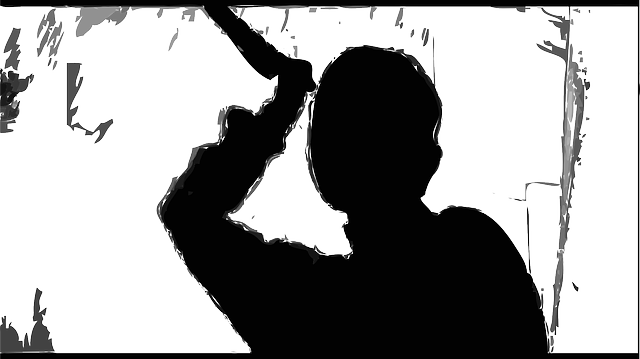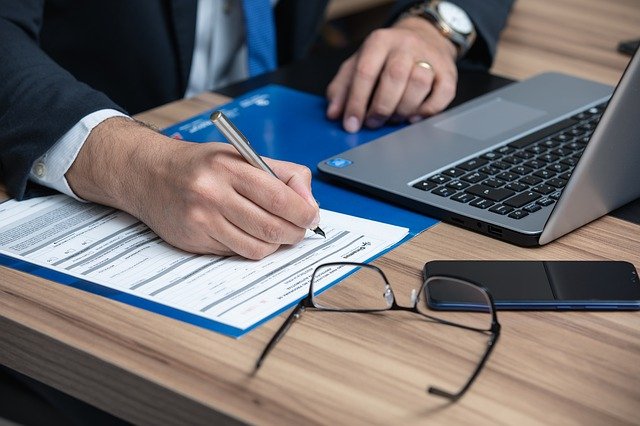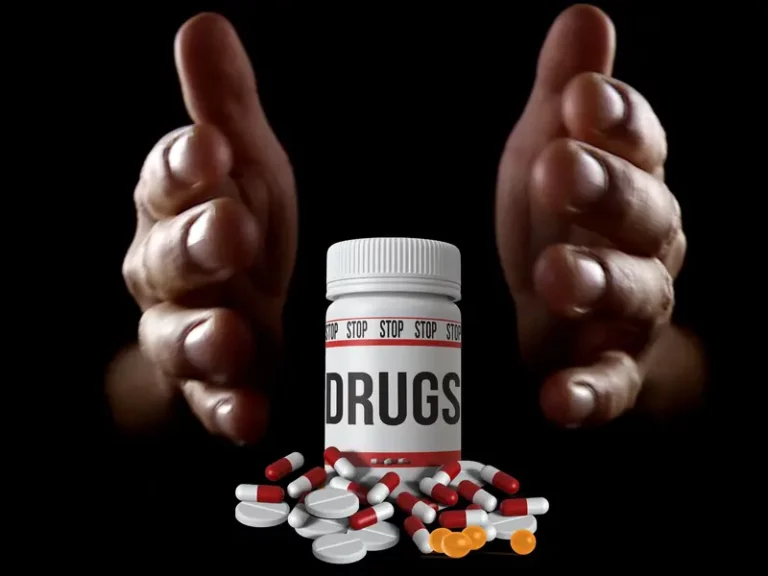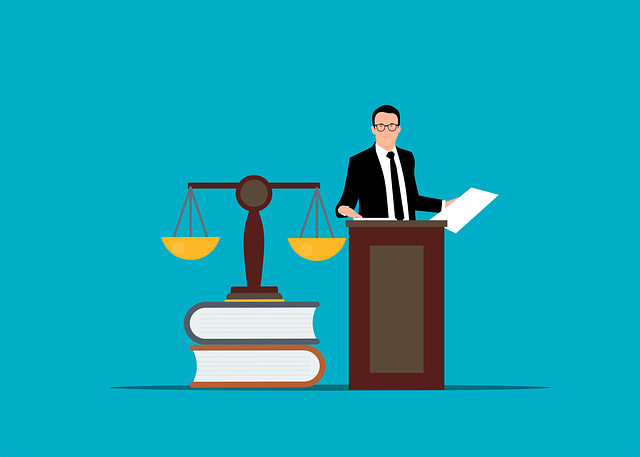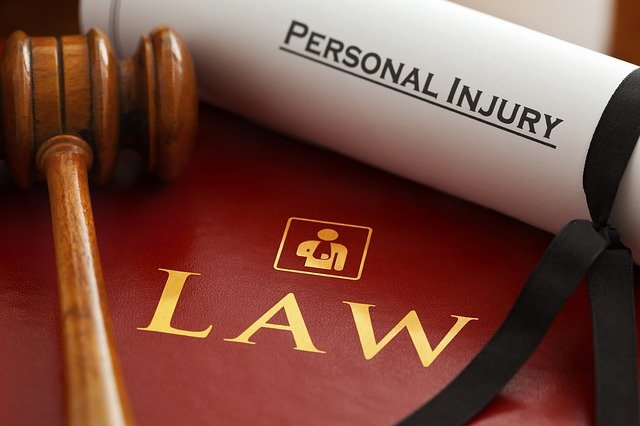
Personal injuries happen to people all the time. Sometimes, it can be a freak accident that is the fault of no one. In certain cases, however, someone may be at fault for someone else’s injury. This is often the case when it comes to car accidents or slip and fall cases.
Whatever the cause of your personal injury, it will likely affect your life in some way. If you’re lucky, it will be a small injury that is only a minor inconvenience. That being said, some personal injury cases can be very severe, and impact you mentally, financially, and physically. Dealing with all of these things at once can be overwhelming, so we hope that this post can help you.
Get a lawyer
If you suspect that someone else is responsible for your personal injury, you may have grounds to file a personal injury case against them and receive some form of compensation for the pain they caused you.
Personal injury cases can be hard to prove, so we would advise getting a local lawyer that specializes in those types of cases. For example, if you live in West Virginia, you may want to consult with a personal injury attorney in West Virginia.
Some people find that they can let it go without pursuing legal action, while others feel that there needs to be justice for what happened to them. Others still may feel that it is their duty to file a lawsuit so that the same doesn’t happen to someone else.
Seek medical help
As soon as you realize that you are hurt, you need to seek medical help. In fact, when it comes to personal injuries, it’s always a good idea to have yourself checked out by a professional, even if you don’t have any symptoms. Aside from being a vital step when it comes to making sure that you get the treatment you need, it can also be important evidence in your personal injury case.
Deal with the financial after-effects
While the physical and mental effects of a personal injury are of course important, you shouldn’t spend all of your time focusing on those aspects and not the financial implications. Unfortunately, you may need to use some money to deal with your injury.
Of course, you will need to pay your lawyer if you decide to pursue that route. You may also need to pay for medical bills, or car repairs if you were in a car accident. If you need to take a lot of time off from work, you might also need to take unpaid leave, and not have an income for a bit.
Once you’ve dealt with all of these things, it’s a good idea to look into some saving methods so that you are financially prepared if anything like this should happen again.
Deal with the mental effects
Even if you walk away from a situation such as a car crash without a scratch, you will still have scars – mental scars, that is, even if you are physically fine. We often focus so much on our physical health that we forget how important our mental health is.
Depending on the situation that caused your personal injury, you may suffer from feelings such as anxiety, depression, and fear. It is important that you talk to someone about these feelings.
Don’t simply put on a happy face and bottle things up. If your family and friends can’t help you, consider seeing a therapist. There is no shame in admitting that you need help.
Join a support group
We often think of support groups as something that only people with an addiction can benefit from. The truth is that there are many support groups that may help you deal with the effects of your injury.
If your injury has severely impacted your life in a drastic way – such as losing a limb or being unable to do your job – you may find it helpful to talk to people who are going through the same experience as you. This way, you have a safe space to go to. It can also be helpful because you may be struggling with some mental health issues after your injury. Support groups can be very beneficial, so at least give it a try.
See a physiotherapist
Injuries like hurt muscles or broken bones generally heal within a few weeks or months, but you will soon realize that your body is likely much weaker than it was before. You won’t easily regain your strength just by waiting; you need to put in the effort. Consider regularly visiting a physiotherapist to help regain some strength in the injured parts of your body.
Adjust
For some people, their life will return to normal after a personal injury. If you are one of those people, count yourself lucky as that isn’t the case for everyone.
Some people may suffer the consequences of their injury for years to come. They will need to completely change the way they live. While it might be tempting to try to go back to how your life was before, that may not be possible, in which case it could be best to simply try and adjust to your current situation. If, for example, you struggle to walk properly after your injury, you may need to learn how to use crutches.
Acceptance
Dealing with the after-effects of a personal injury is often a form of grieving the life you had before. And we all know that the last step of grief is acceptance.
As tempting as it may be to stay angry at the world for the hand you’ve been dealt, you will be the one suffering from your anger. Of course, you should allow yourself to feel your feelings – whether they are feelings of sadness or anger – but you can’t hold onto them forever.
Eventually, you need to accept that this has happened, and there is nothing that you can do about it. Once you’ve reached that point, you can start looking forward to the rest of your life.

